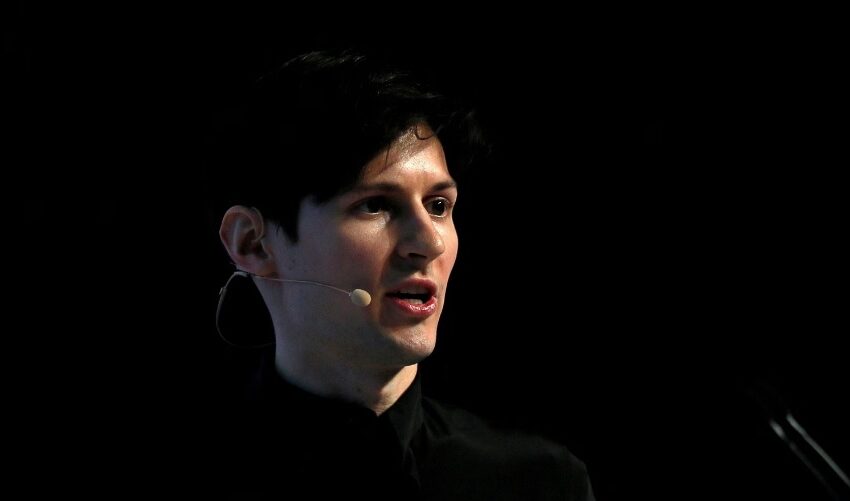
Russia-France Relations Plummet After Telegram CEO Durov’s Arrest: Moscow Responds Strongly
Relations between Moscow and Paris worsen after arrest of Telegram’s Pavel Durov over child sex abuse images, drug trafficking, and fraud.
Relations between Moscow and Paris have reached a nadir following the arrest of Russian-born Telegram boss Pavel Durov, Russian Foreign Minister Sergei Lavrov said on Tuesday, after the tech billionaire’s detention was extended until Wednesday.
Durov, who has French as well as Russian nationality, was arrested near Paris over the weekend as part of an investigation into crimes related to images of child sex abuse, drug trafficking and fraudulent transactions on the platform, French prosecutors said on Monday.
It remains unclear if he knew about the threat of arrest in France. Durov’s French lawyer did not immediately reply to a request for comment.
Durov’s arrest has plunged Moscow-Paris ties to their lowest level, Lavrov said on Tuesday, capping months of deteriorating relations between the two nations.
French authorities accused Russia of trying to destabilise it ahead of the Paris Olympics in response to its more hawkish stance on the Ukraine war – claims Russia has denied.
Durov’s detention was extended by 48 hours late on Monday, a spokesperson for the Paris prosecutor’s office said on Tuesday. After that, prosecutors will either need to charge or release him. Should he face charges, his flight risk status is a factor judges have to include in their assessment of possible pretrial detention, according to French law.
Kremlin spokesman Dmitry Peskov told reporters on a conference call on Tuesday that Russia was ready to provide Durov with all necessary assistance given his Russian citizenship, but that his French citizenship complicated the situation. Durov also holds a UAE passport.
“The charges are very serious indeed,” said Peskov. “They require a no less serious basis of evidence. Otherwise they will be a direct attempt to limit freedom of communication.”
FREE SPEECH DEBATE
Durov’s arrest has sparked a debate about the limits of free speech online, with X-owner Elon Musk saying the right to expression in Europe was under attack. It also underlines a movement by governments around the world to take a tougher line on policing illegal activity that flourishes on some platforms.
Brazil’s supreme court briefly suspended Telegram nationwide in 2022 over its failure to comply with judicial orders.
With close to 1 billion users, Telegram is particularly influential in Russia, Ukraine and the republics of the former Soviet Union. It presents itself as a haven for free speech, but is also widely used by far-right, anti-vax and conspiracist movements, as well as political dissidents.
The platform has become crucial to battlefield communications in the war in Ukraine and is used by governments and soldiers on both sides of the war to share war-related news and propaganda.
Without providing evidence, Vyacheslav Volodin, the chairman of Russia’s State Duma, the lower house of parliament, earlier said the United States, through France, was attempting to exert control over Telegram.
“Telegram is one of the few and at the same time the largest Internet platforms over which the United States has no influence,” Volodin said in a post.
“On the eve of the U.S. presidential election, it is important for (President Joe) Biden to take Telegram under control.”
The White House has yet to comment on Durov’s arrest.
French President Emmanuel Macron, who is known to be an avid user of the app, has said that the arrest was “in no way a political decision”.
Russia has previously tried, and failed, to block Telegram and fined the company several times for failing to delete what it deemed illegal content.


